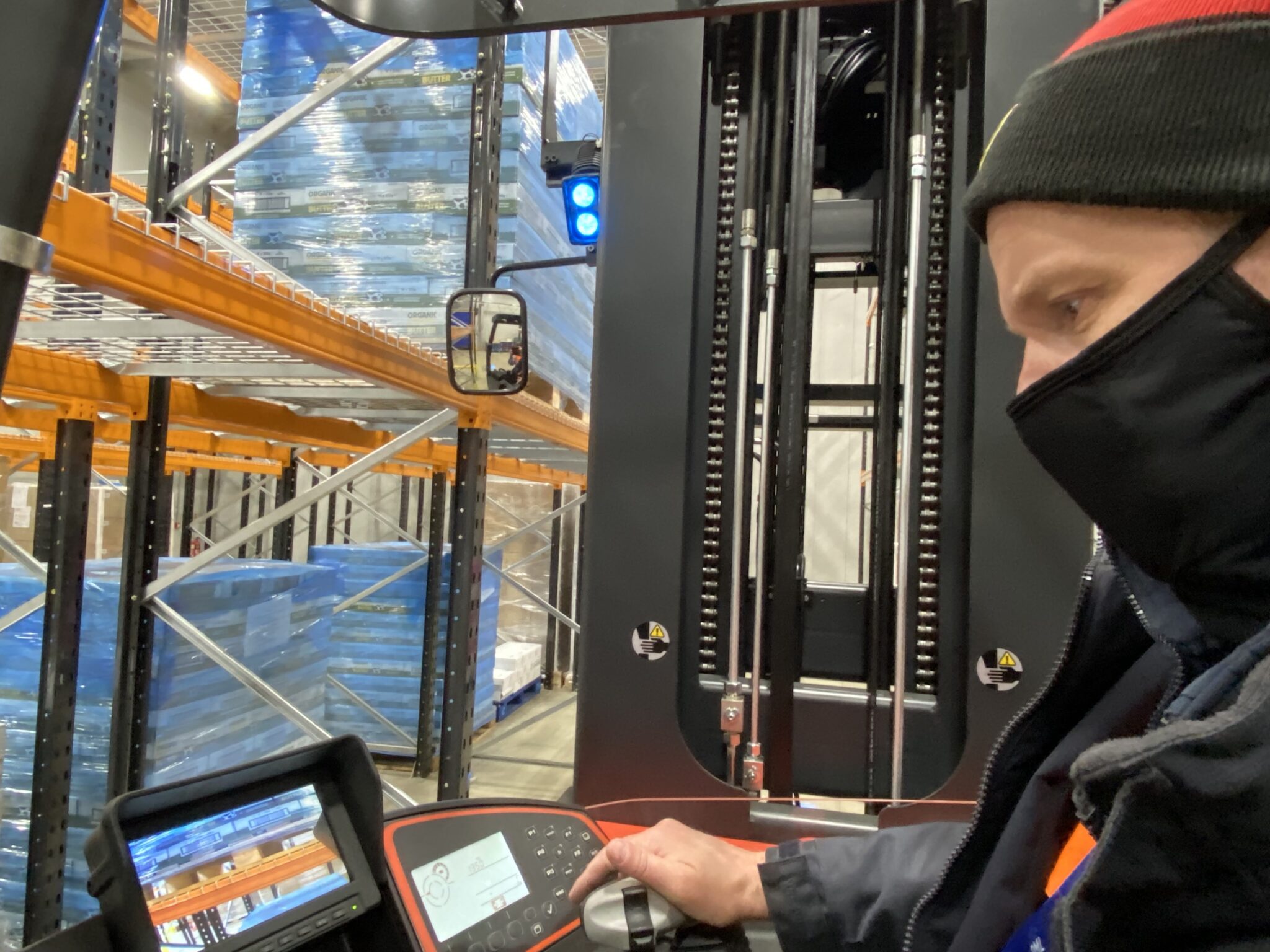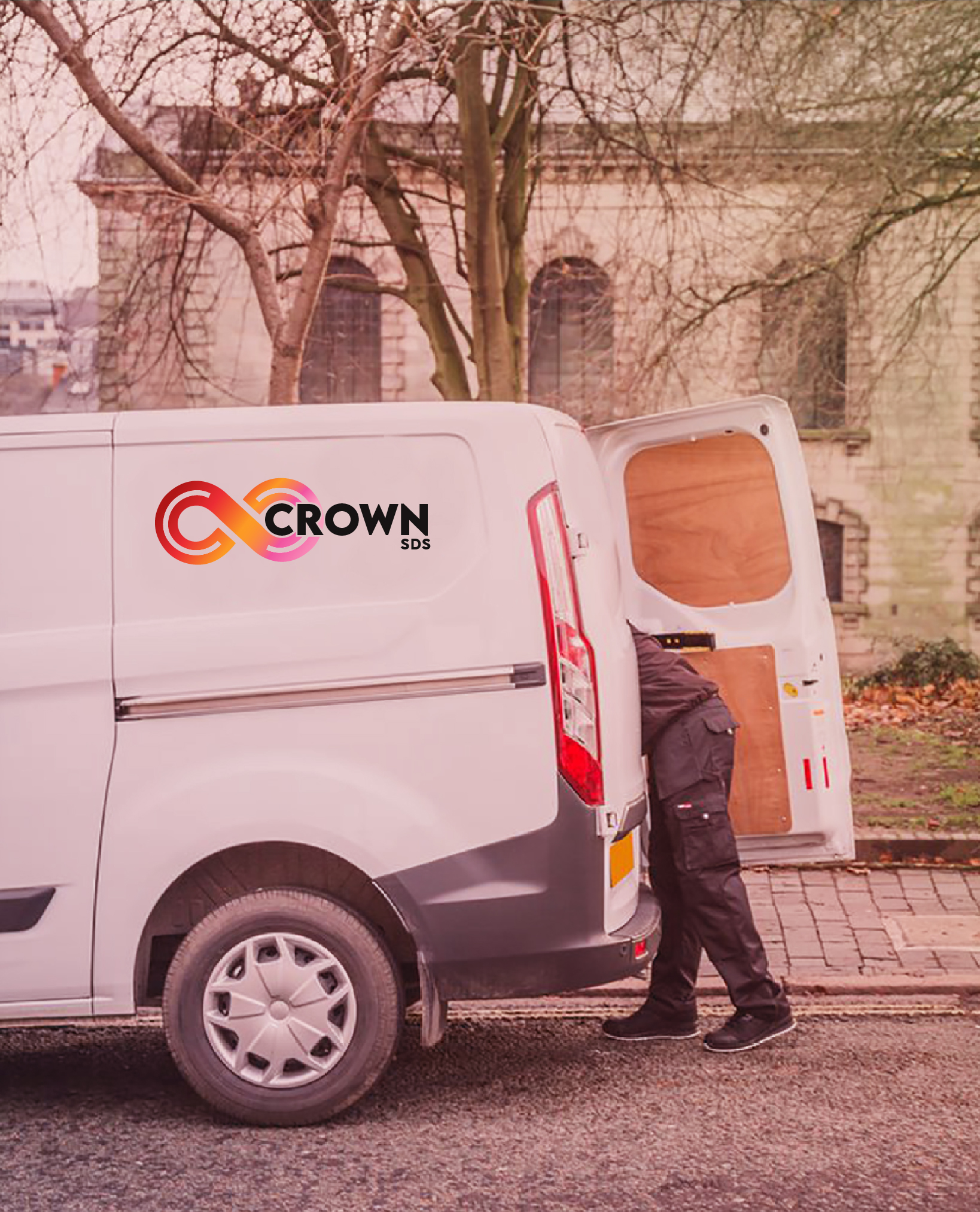Following a delay of over three months caused by the pandemic, PML’s venture with FreshLinc to operate a remote HMRC / DEFRA approved Border Control Post (BCP) and ERT (bonded warehouse) facility has finally been given the green light and is now up and running.
Completed ahead of Brexit, the global perishable cargo specialist partnered with transport and logistics company FreshLinc to run the operation at Fresh Linc’s Spalding HQ, to enable a speedier movement of product from the ports and therefore delivering an extending shelf life of up to 48 hours.
The BCP which sits on a 70,000 sq ft site, should have been effective from 1st January 2021 and represents a £400,000 investment. The impressive facility includes a purpose-built 10,000 sq ft warehouse with the capacity to store 330 pallets and dedicated inspection areas for customs and DEFRA. Since this is a 24-hour operation, four new staff have been trained to ensure a seamless round-the-clock service.
The Spalding location is ideally placed for freight traffic coming out of Dover and Southampton docks and the move to set up a BCP away from the ports represents a solution to the delays and excessive queues which impede the onward movement of freight. For a company that stakes its reputation on the time efficient transfer of perishable cargo, PML was unwilling to risk the further disruptions anticipated post Brexit and therefore joined forces with Fresh Linc – with whom it shares a long-standing and trusted working relationship – to provide a viable alternative.
PML Sales Director, Nick Finbow, says: “It is unfortunate that the official opening of the facility at Spalding was delayed but of course, we are accepting that we are all working under exceptional circumstances. We are delighted that we can now offer our customers the benefit of a safe and speedy transfer out of the ports which should ultimately deliver a minimum of 24-48 hours additional shelf life on perishable goods with no break in the cold chain.
“As a business PML has always demonstrated forward thinking and is proactive in identifying innovative solutions to any challenge which threatens to impede its ability to deliver the effective, seamless service for which it is renowned.”











